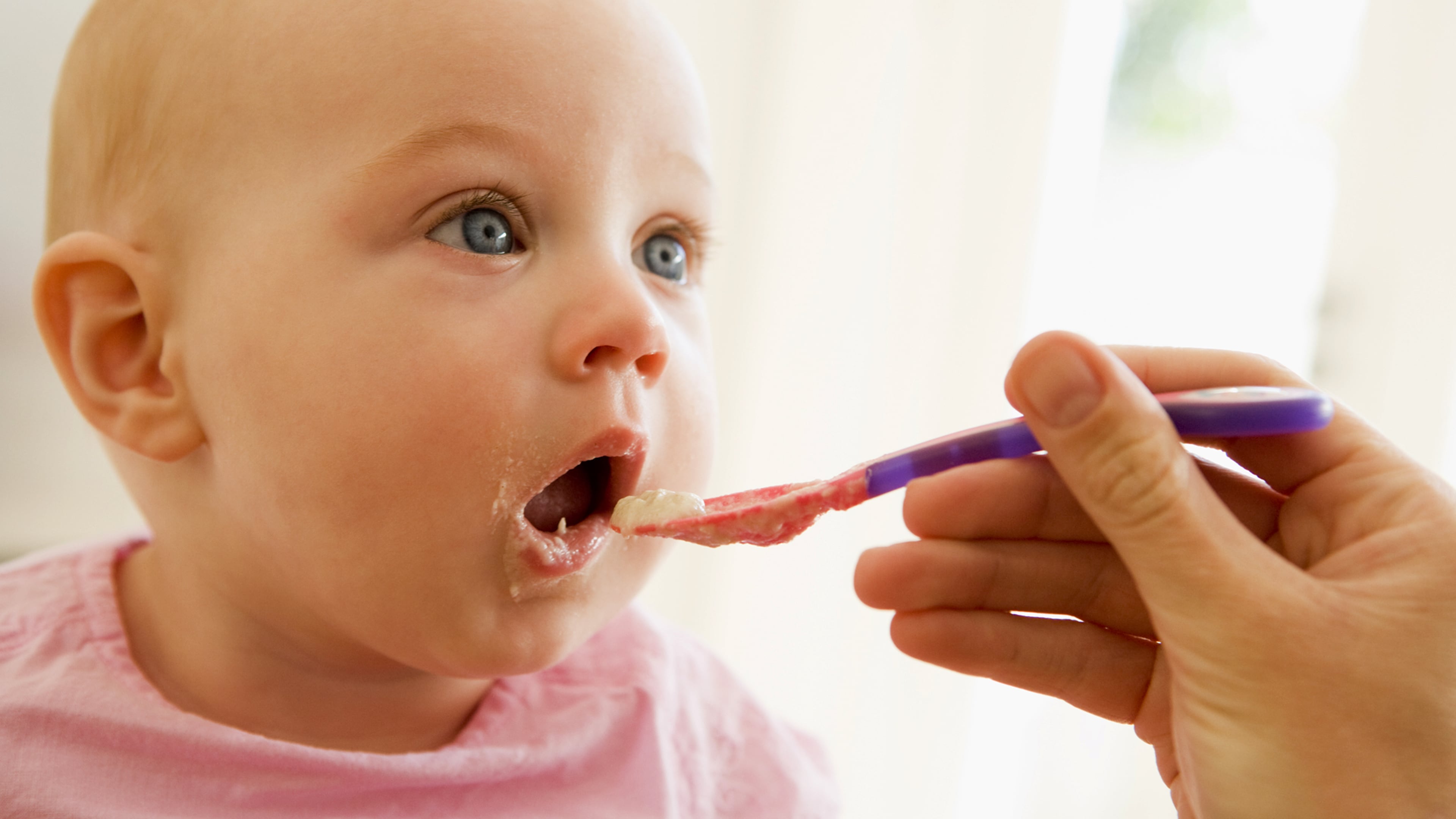Publix pulls baby food pouches over lead risk

Publix has voluntarily recalled a batch of its GreenWise Pear, Kiwi, Spinach & Pea baby food pouches after routine sampling flagged possible lead contamination, according to a news release from the supermarket chain.
The 4-ounce pouches, sold across Georgia and seven other states, have “the potential to be contaminated with elevated levels of lead,” which the Centers for Disease Control and Prevention warns is especially dangerous for young children.
“Lead is extremely harmful to children younger than 6 years, and no safe blood lead level has been identified,” the CDC says on its website. Even trace amounts of lead can impair development and cause long-term health issues.
Publix reports that no illnesses have been linked to the product. Still, if you have a pouch with a “Best If Used By” date of 11/01/2025 and a GTIN of 41415-00901, you should throw it away or return it to your local store for a full refund. Customers can contact Publix at 1-800-242-1227 or visit Publix.com for more information.
This is the second major baby food pouch recall in recent months. In March, Target pulled its Good & Gather Baby Pea, Zucchini, Kale & Thyme puree from shelves because of similar lead concerns.
Are baby food pouches good for kids?
The recalls are prompting a broader question for parents: Are baby food pouches as healthy as they advertise?
Sales of pouches have skyrocketed 900% over the past decade, largely because of their portability and ease of use, the Los Angeles Times reported. However, pediatricians warn that relying too heavily on them may pose developmental and nutritional risks.
“They certainly serve as a quick snack,” Dr. Steven Abrams, professor of pediatrics at UT Austin, told the LA Times. “But we need to make sure pouches don’t make up too much of a toddler’s diet.”
Pouches are typically smooth, sweet, and fruit-forward, even those marketed as vegetable blends. A “kale-pear” pouch might actually be mostly pear, giving kids more sugar and fewer bitter, fiber-rich vegetables.
Overuse can also interfere with developmental milestones like chewing, texture tolerance and even speech.
“It’s like learning to walk,” Susan Greenberg, a speech pathologist at Children’s Hospital Los Angeles, said to the publication. “If you prolong purees and don’t introduce lumpy foods by 10 months, we have evidence that by 15 months and even 7 years, it influences food acceptance.”
How to use pouches wisely
Pouches aren’t the worst thing you can give your child, but they shouldn’t be a meal replacement. Here are a few tips on best practices, according to experts.
- Use them occasionally. On the go or in a pinch, but not daily.
- Avoid sugar-forward blends. Check that vegetables come first in the ingredient list.
- Introduce lumpy textures early. Ideally by 9 months, to avoid food aversions later.
- Brush those baby teeth. Purees can cling to enamel, increasing cavity risk.
- Read the label. The front might say “turkey dinner,” but the back could reveal mostly applesauce.
Baby food pouches aren’t going anywhere. But with recalls raising safety concerns and pediatricians cautioning against overuse, now’s a good time for parents to rethink the pouch-to-table ratio.



